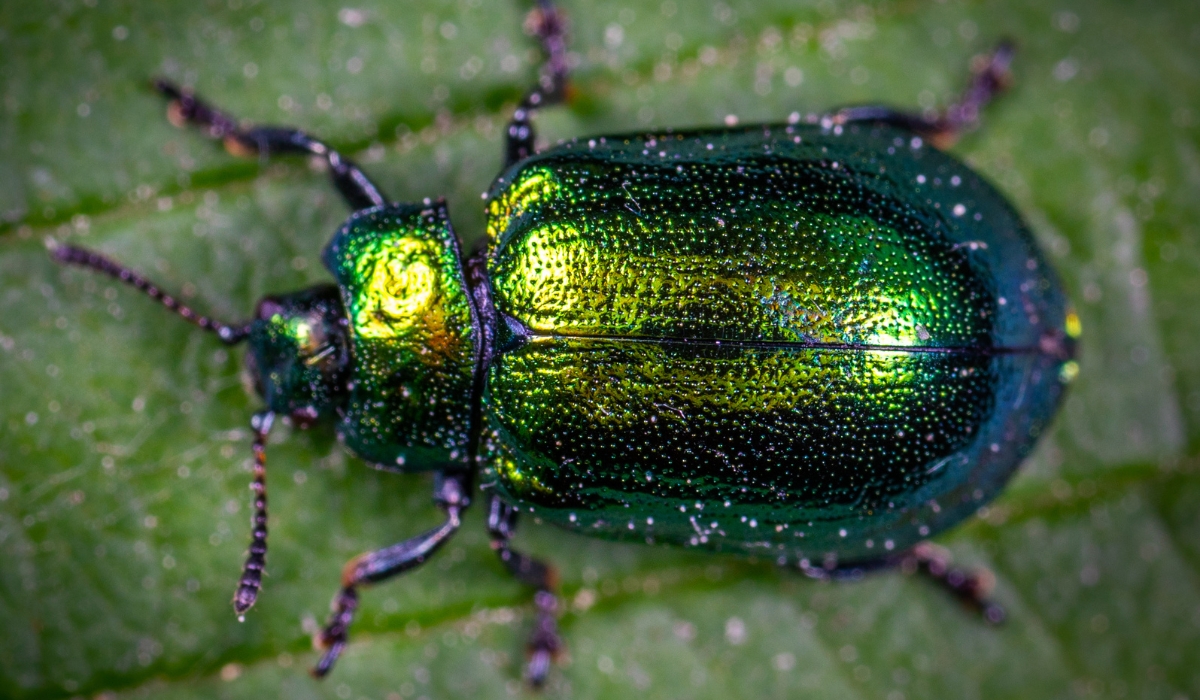Posts Tagged garden pests
Pest Patrol: Organic Solutions for a Healthy May Garden

As May unfolds in California, bringing warmer weather and lush growth, it also signals the emergence of a familiar cast of characters: garden pests. Before you reach for harsh chemical sprays, consider the power of organic solutions! At DK Landscaping, we believe in nurturing a healthy ecosystem in your garden, which naturally deters pests without harming beneficial insects, pets, or your family. Here’s your guide to organic pest patrol this May.
Know Your Enemy: Identification is Key
Effective organic pest control starts with identifying the culprit. Are you seeing tiny, pear-shaped insects clustered on new growth (aphids)? Silvery trails on leaves (snails/slugs)? Chewed leaves with distinct holes (caterpillars or earwigs)? Or perhaps fine webbing on the undersides of leaves (spider mites)? A quick online search or a visit to your local nursery can help you pinpoint the pest and understand its lifecycle.
Prevention is the Best Defense
A strong, healthy plant is more resilient to pest attacks.
- Healthy Soil: Amend your soil with compost to foster robust plant growth.
- Right Plant, Right Place: Ensure plants are suited to your climate and sun exposure. Stressed plants are more susceptible to pests.
- Good Air Circulation: Prune overcrowded plants to improve airflow, discouraging fungal issues that can weaken plants and make them pest-prone.
- Attract Beneficials: Plant flowers like dill, fennel, yarrow, and cosmos to attract ladybugs, lacewings, and parasitic wasps, which are natural predators of many common pests.
- Regular Scouting: Inspect your plants frequently, especially new growth and the undersides of leaves. Early detection makes treatment much easier.
Targeted Organic Treatments
Once identified, here are some gentle, yet effective, organic treatment methods:
- Hand-Picking: For larger pests like snails, slugs, or caterpillars, simply hand-pick them off your plants and drop them into a bucket of soapy water. Do this in the early morning or evening when they are most active.
- Strong Water Spray: A forceful spray of water can dislodge aphids, spider mites, and whiteflies from plant foliage. Repeat every few days until the population is controlled.
- Insecticidal Soap: For soft-bodied insects like aphids, mealybugs, and spider mites, insecticidal soap is a great option. It works by disrupting their cell membranes. Ensure thorough coverage, especially on the undersides of leaves. Always follow product instructions carefully.
- Neem Oil: Derived from the neem tree, this natural insecticide acts as an anti-feedant and growth disruptor for a wide range of pests. It’s effective against aphids, spider mites, whiteflies, and more. Apply as directed, typically in the cooler parts of the day.
- Diatomaceous Earth (DE): For crawling insects like slugs, snails, and earwigs, a barrier of food-grade DE around plants can be effective. It works by abrading their exoskeletons, causing dehydration. Apply when dry and reapply after rain.
By adopting these organic pest patrol strategies, you’re not just tackling immediate problems; you’re cultivating a resilient, vibrant garden that works in harmony with nature. For expert advice on maintaining a healthy, pest-free landscape, contact DK Landscaping – we’re dedicated to sustainable beauty.





